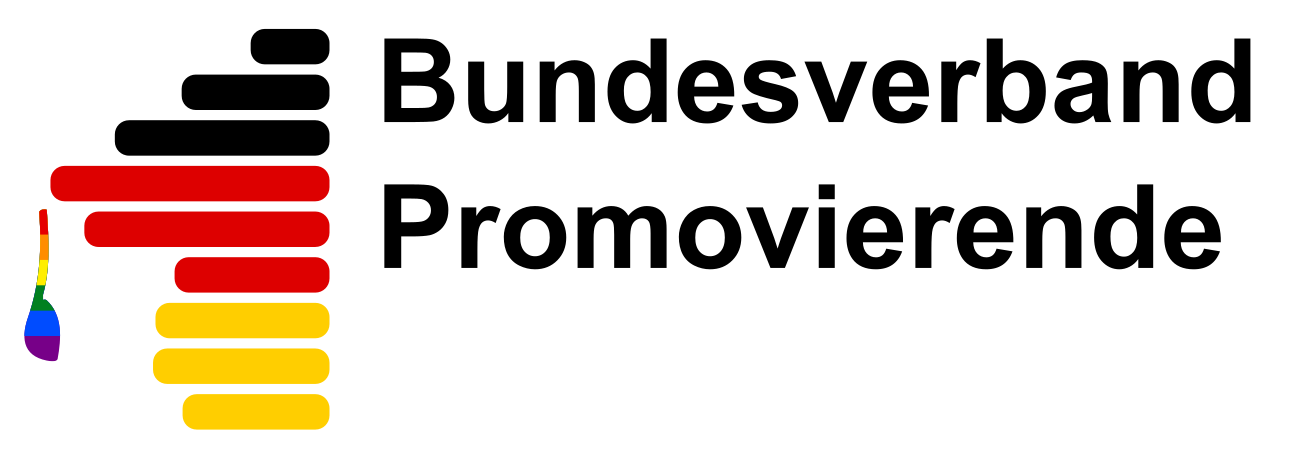12.02.2024 – February 11th was designated as the „International Day of Women and Girls in Science“ by UNESCO on December 22th 2015.
Worldwide, still only one in three people in science is a woman (see UNESCO Science Report, 2021). This means that women are still significantly underrepresented in science – and this is often particularly true for the forward-looking STEM subjects of mathematics, computer science, natural sciences and technology. There are many reasons for this gender-specific inequality, some facts:
Girls and women are held back or discouraged in their ambitions, due to prejudices and restrictive gender roles in childhood and adolescence as well as to structural hurdles in the scientific community.
-
Female researchers at the beginning of their careers in particular are exposed to significant disadvantages.
Women generally receive less research funding than their male colleagues.
Female researchers often have shorter and lower-paid careers. Their work is underrepresented in renowned scientific journals. They are often passed over for promotion.
In the field of artificial intelligence, only 22% of researchers are women (see UN Women, 2024), although 98% of media advertising for AI features female images.
Female scientists are less visible with their achievements than their male colleagues. This low visibility has consequences – there is a lack of female role models to inspire girls and other women.
On average, more than 80% of committee members are male, which naturally has an impact on appointment procedures.
Women scientists are underrepresented as experts and contacts in scientific organisations, universities and research institutions, the press and media.
Women who expose themselves in public attract more negative attention and become targets for hate and agitation.
Women in leadership positions are particularly vulnerable, especially when it comes to accusations of leadership misconduct or abuse of power.
However, in order to develop the world into a healthier, more peaceful, ecological and livable community, that enables a broader perspective and more innovative solutions to global challenges, UNESCO strives for a more balanced and diverse participation of women in science. The commitment of the Bundesverband Promovierende e.V. to gender equality in science is a national extension of UNESCO’s joint global commitment. It aims to recognize the contribution of women to research, to motivate female pupils and students and to remove career barriers for female scientists in Germany.



